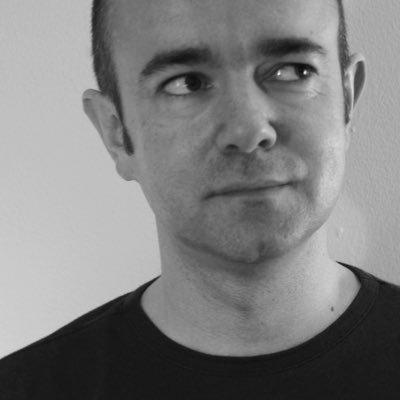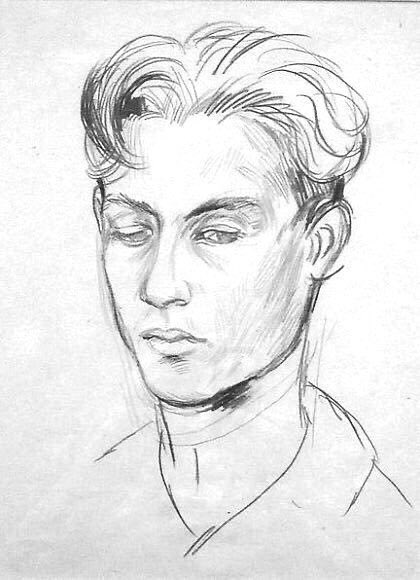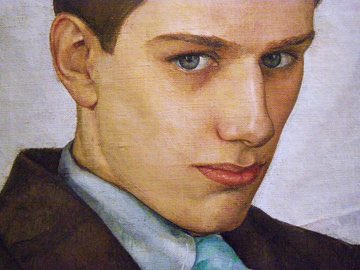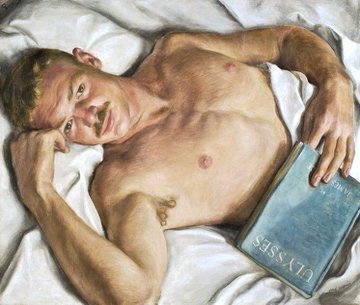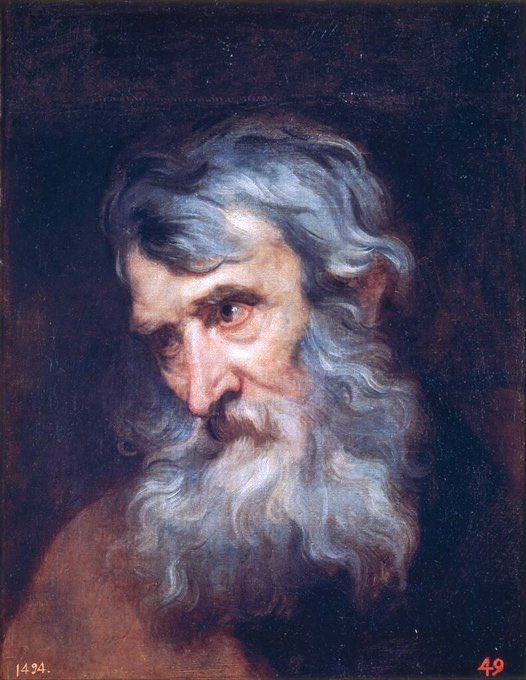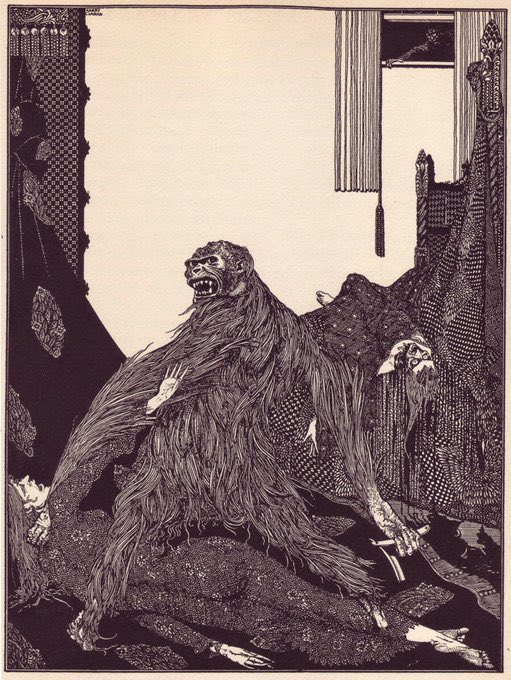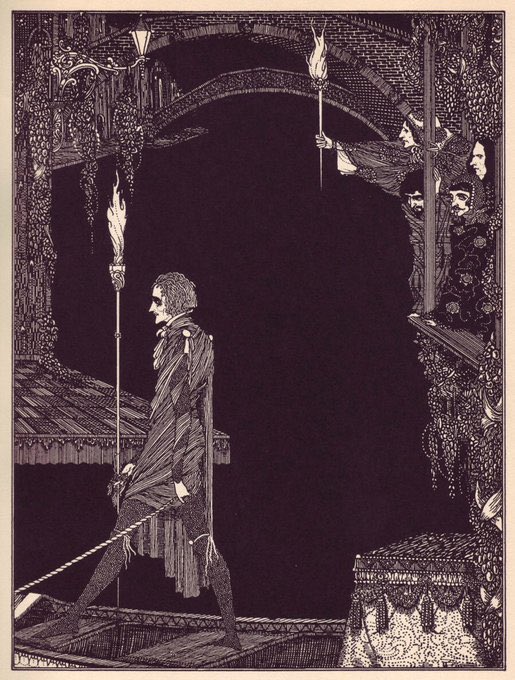He was born in Manhattan, the child of artists. He studied at the Natl Acad of Design (1919-25) & then the Art Students League NY (1928). He worked as a commercial artist whilst doing life drawing (nude studies) at night. Portrait (c1932), Cadmus by Lucioni (1928) & Jerry (1931)
Irish readers can see one of Van Dyck’s celebrated Genoese portraits, the Red Boy .@NGIreland
& a homoerotic male nude study, for one of his St Sebastians. Some of his finest works are at .@NationalGallery
London including Charles I on Horseback (1637/8)
The triple portrait was created to give the great sculptor Bernini an idea of what the King looked like. Charles I (1635), Charles I in Three Positions (1635/6), William Fielding (1635/6) & Countess Clanbrassil (1636)
The key component of a Van Dyck was effortless swagger. Such was his genius that the elaborate costumes & unlikely ringlets play second fiddle to the overall style of his work. Prince Tomaso (1634/5), James Stuart (1634-5), Henri II (1634) & Charles I & Henrietta Maria (1632)
Van Dyck’s work lacks Ruben’s gymnastic dynamics but has a stately & elegant movement instead. Sir Robert Shirley (1622), Cardinal Bentivoglio (1623), Portrait of a Noblewoman (c1623) & Marchesa Elena Grimaldi (c1623)
Van Dyck went to Italy (1621-7) where he was based in Genoa. Self-Portrait (1621), Agostino Pallavicini (c1621), St Martin Dividing his Cloak (c1621) & Lady Shirley (1622). This period of his work was marked by a rich colour scheme of red & black in his portraits
By his late teens his work was marked by technical genius. Close examination shows his startling brushwork - as if he had been painting for decades. Self-Portrait (c1618-9), Christ healing the Paralytic (c1619), Old Man (1620) & the artist Frans Snyders (c1620)
1923 saw the publication of his illustrations for Tales of Mystery & Imagination by Poe. This made his name & demonstrated his ability to stand comparison with Beardsley. The images are brilliant, unsettling & magnificent
Together with with Akseli Gallen-Kalela & Jean Sibelius, Halonen helped create a strong sense of Finnish identity. Kotakoski (1932), Boys Swimming (nd), Children Reading (1916) & Girl Writing (1911)
As he grew older studies of his children figure larger & are completed with great tenderness. Girl Reading (1918), Summer Evening (1918), Hay Stacks (1919) & Spring Shore (1920)
